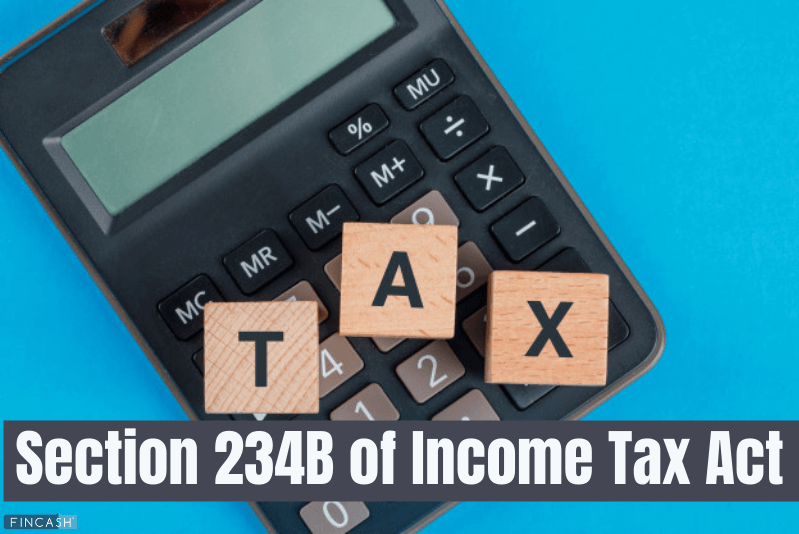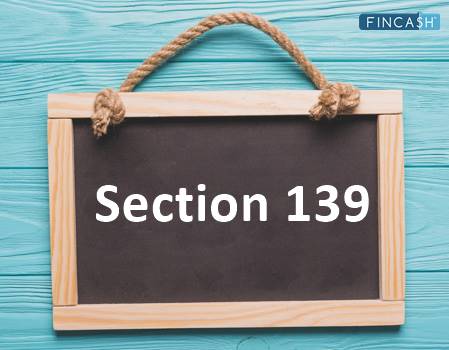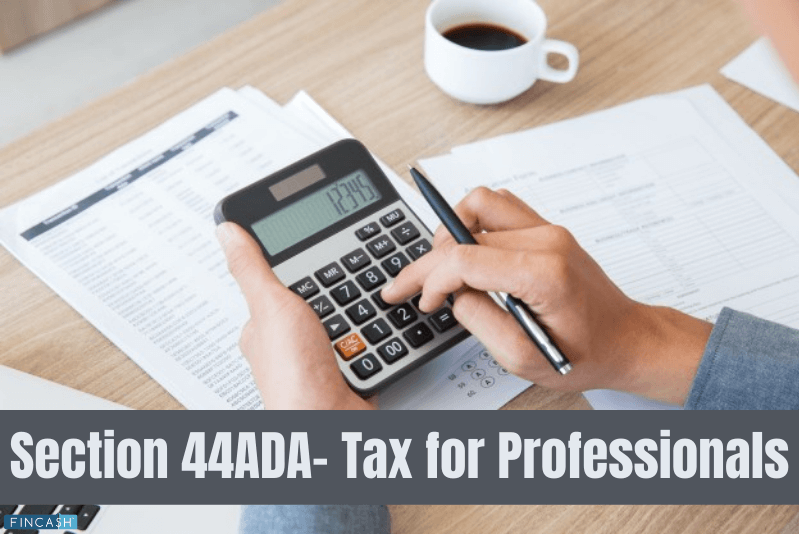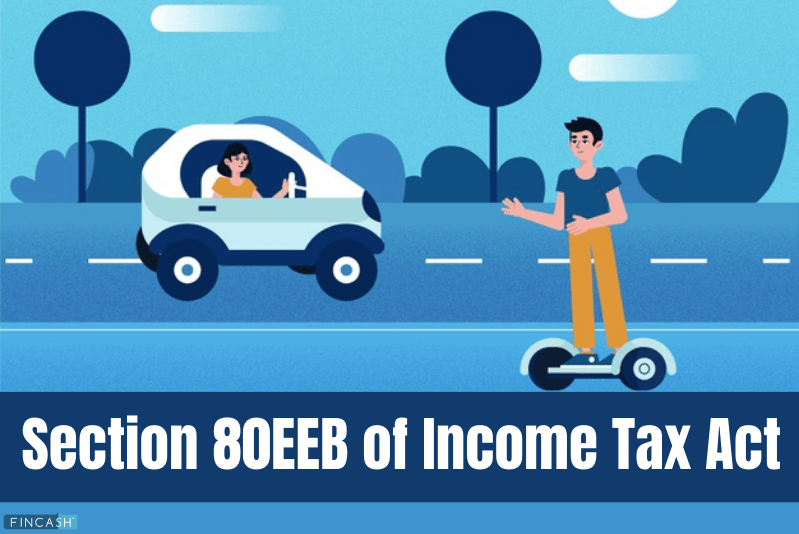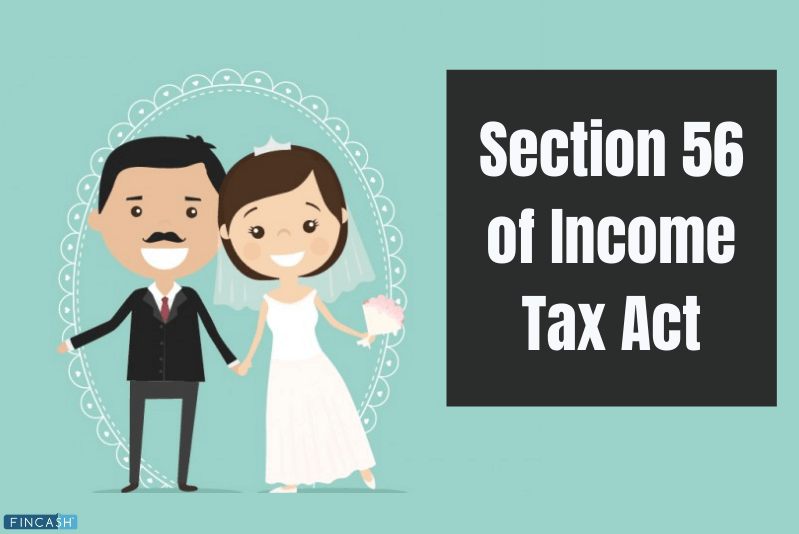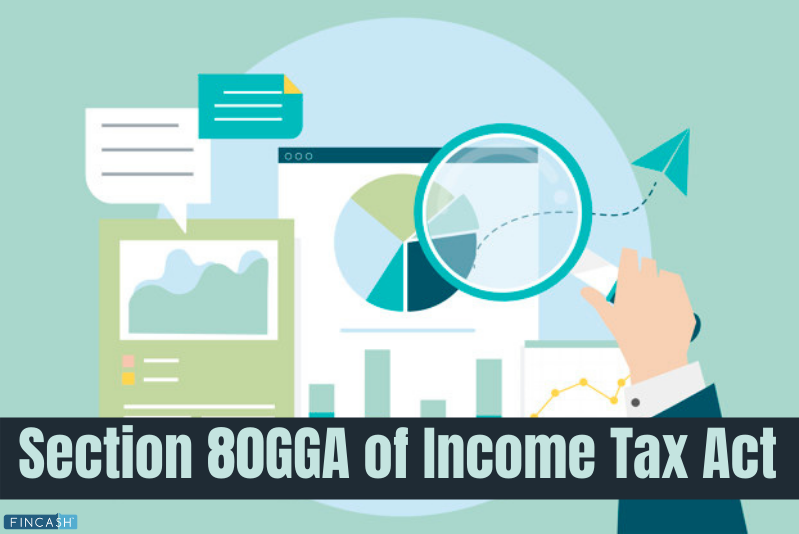
Table of Contents
Section 80U Deduction of Income Tax Act
Dealing with a disability and taking care of medical expenses amidst other livelihood requirements could definitely take a toll on your mental as well as financial state. On top of that, if you are an earning individual, filing Taxes is one such responsibility that you cannot overlook.
Keeping this in mind, to make the process convenient and hassle-free for disabled, the government has come up with certain deductions under section 80U of the income tax act. Let’s understand more about the same.

What is Section 80U?
The section 80U of Income tax act covers provisions for the benefits of tax Deduction to those taxpayers who are dealing with a disability. To claim a deduction under this section, you must be certified as a person with a disability from a medical authority.
How is 80U Disability Determined?
According to Persons with Disability Act, 1955, if you have a minimum of 40% disability and are dealing with any of the following mentioned diseases, you are considered a disabled in India.
- Low vision or complete blindness
- Leprosy
- Hearing Impairment
- Locomotor disability
- Mentally retarded
- Mental illness
- Autism
- Cerebral palsy
The disability act also offers a definition of severe disability that refers to a condition where the disability is up to 80% or more. If in case you are dealing with multiple disabilities, you will be considered under the category of section 80U severe disability.
Deduction Under Section 80U
The amount of deduction under section 80U for a disabled and severely disabled varies considerably. If you are dealing with at least 40% of disability, you will be eligible to claim a tax deduction of up to Rs. 75,000 on your Taxable Income.
However, if you are severely disabled, meaning that your disability is up to 80% or more, you can claim a deduction for up to Rs. 1.25 lakh.
Talk to our investment specialist
Documents Required
As obvious as it is, you would require a disability certificate issued by a medical authority from your area. Apart from this, you would not require any other document to claim a deduction. However, as per the income tax 80U rules, in case of an illness, like cerebral palsy and autism, Form 10-IA would have to be filled up.
Which Medical Authority can Issue the Certificate?
If you don't have an 80U certificate, you can look for the below mentioned medical authorities in your area for the same:
- A neurologist with an MD in Neurology
- A Chief Medical Officer (CMO)
- A civil surgeon of a government hospital
Difference between Section 80U and Section 80DD
Generally, section 80U and Section 80DD get mixed up most of the times. Although both of these sections provide deductions for disabled people; however, the only difference between them is that while section 80U offers deductions for disabled taxpayers, section 80DD is for such people who have disabled dependent.
For an individual, the dependent can be anybody - children, spouse, siblings, or parents. Also, deduction under section 80DD is allowed only if the person has expenses on medicines, treatments, rehabilitation, or training of the disabled dependent.
The Procedure to Claim Deduction Under Section 80U
If you wish to claim deduction under this section, you have to furnish a copy of your disability certificate in the form as per the prescription along with income return under Section 139 for that specific assessment year.
Conclusion
Being disabled, having an eligibility to claim tax deductions in India can turn out to be extremely helpful. So, if you are a tax-paying individual, don’t forget to tap into 80U deduction and claim what the government has to provide you.
All efforts have been made to ensure the information provided here is accurate. However, no guarantees are made regarding correctness of data. Please verify with scheme information document before making any investment.
You Might Also Like
